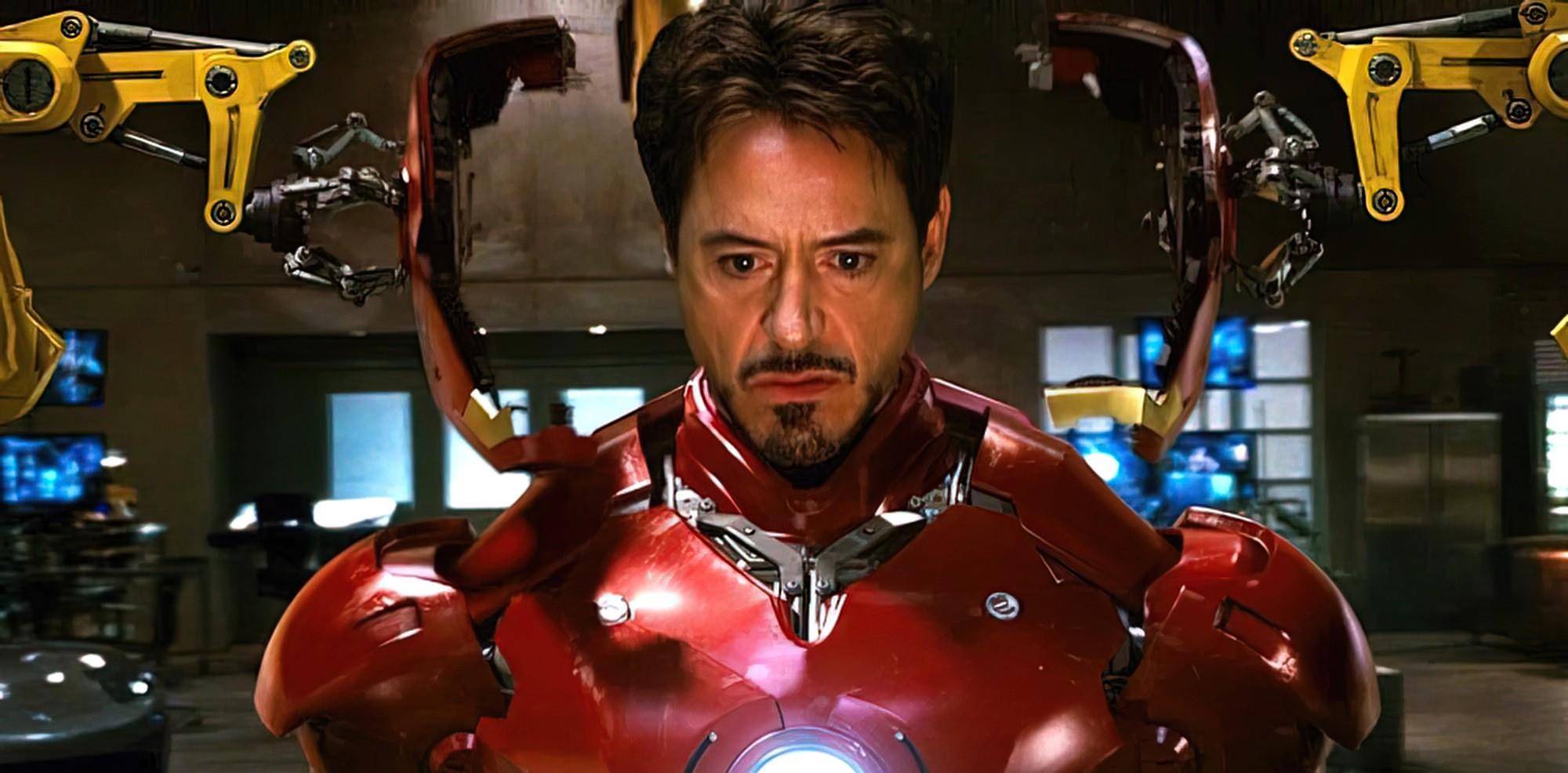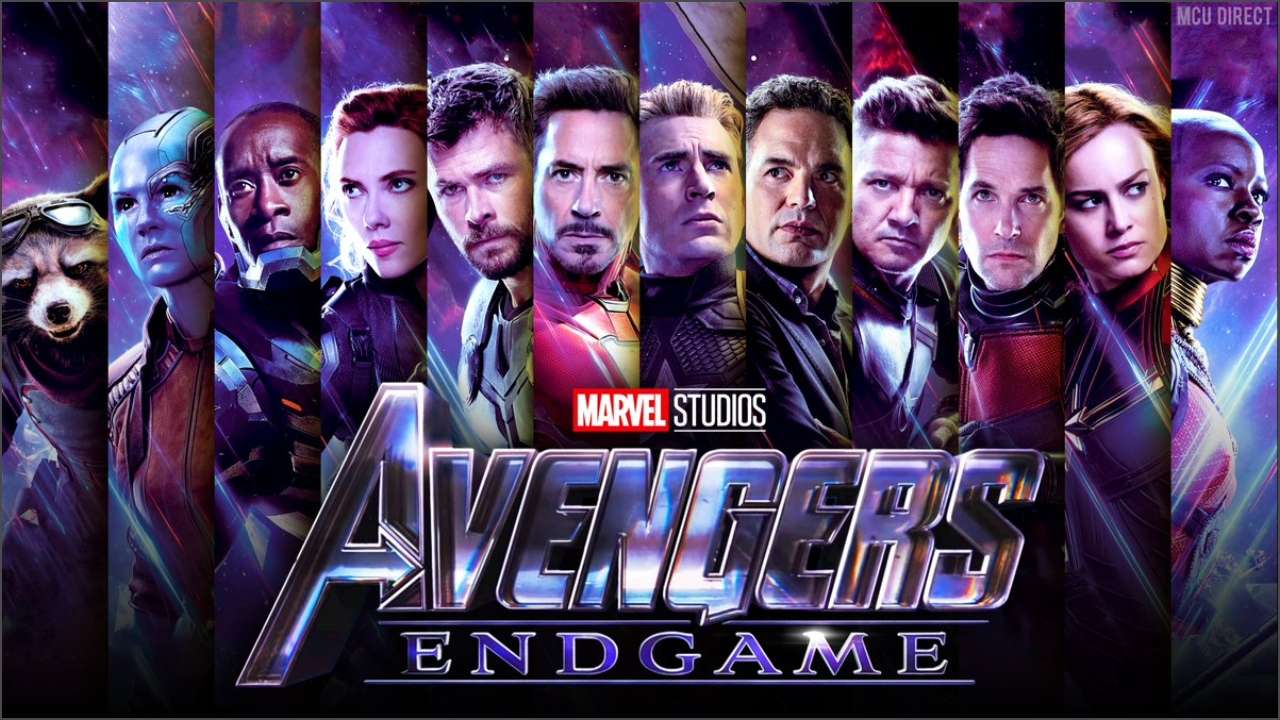Legends Reborn: Defining Triumphs in the Marvel Cinematic Saga
The Marvel Cinematic Universe (MCU) has rewritten the rules of storytelling, blending mythic grandeur with intimate humanity to create a legacy that transcends cinema. Across galaxies, timelines, and dimensions, these films have painted a portrait of heroism that resonates not just through spectacle, but through the raw, beating heart of their characters. Each frame is a testament to resilience, unity, and the unyielding belief that even in darkness, light persists.
It all began with a spark in the desert. Iron Man (2008) wasn’t just a film—it was a revolution. Robert Downey Jr.’s Tony Stark emerged not as a flawless savior, but as a man forged in fire, his wit masking vulnerability. The audacity of his final line—“I am Iron Man”—rippled beyond the screen, announcing Marvel’s bold new era: heroes would no longer hide behind masks, but embrace their flaws as strength.

What followed was a symphony of interconnected destinies. The Avengers’ first collision in The Avengers (2012) was a cinematic earthquake. Loki’s invasion of New York became a crucible for heroes still learning to trust. Hulk’s primal roar, Iron Man’s sacrificial missile launch, and Captain America’s command—“Then we’ll do that together”—transformed six individuals into a family. The circling shot of the team, battered but unbroken, remains a love letter to collective heroism.
Yet Marvel’s genius lies in balancing cosmos-shaking stakes with soul-stirring intimacy. Guardians of the Galaxy (2014) turned a ragtag crew of misfits into legends through a single, improbable act: holding hands. As Ronan’s hammer loomed, Star-Lord’s dance-off distraction wasn’t just comedy—it was defiance. A thief, an assassin, a warrior, a beast, and a grieving sister chose to dance in the face of annihilation, proving that family isn’t born—it’s forged.
No moment, however, shook the world like Thanos’ snap in Avengers: Infinity War (2018). Dust settled on empty battlefields as heroes vanished mid-sentence. Silence replaced triumph. For the first time, audiences left theaters hollow, grappling with a villain’s victory. This wasn’t just storytelling—it was emotional alchemy, turning popcorn escapism into a mirror for our own fragility.
The aftermath, Avengers: Endgame (2019), became a cultural resurrection. Its time-heist structure allowed nostalgia and innovation to collide, but the film’s soul lay in quiet moments: Tony Stark meeting his father, Thor’s tearful confession to his mother, Black Widow’s sacrificial leap. Then came the scene: Cap, shield shattered, standing alone against Thanos’ legions. The whisper of “On your left” ignited a portal sequence so euphoric it redefined cinematic payoff. Every hero, every ally, every survivor—united. But the true climax was smaller: Tony’s whispered “I am Iron Man,” echoing his first triumph as he traded his life to rewrite the universe. Poetic, devastating, perfect.

Marvel’s canvas expanded beyond Earth, embracing new mythologies. Black Panther (2018) wasn’t just a film—it was a movement. T’Challa’s ancestral plane visions, bathed in violet starlight, intertwined Afrofuturism with Shakespearean drama. Killmonger’s final words—“Bury me in the ocean with my ancestors”—elevated him from villain to tragic prophet, forcing Wakanda (and viewers) to confront legacy and justice.
Diversity became Marvel’s superpower. Shang-Chi and the Legend of the Ten Rings (2021) wove martial arts spectacle with generational healing, while Eternals (2021) dared to ask existential questions about humanity’s worth. Even the multiverse exploded with purpose in Spider-Man: No Way Home (2021), as three generations of web-slingers shared scars and wisdom. Tobey Maguire’s gentle “With great power…” to Tom Holland wasn’t fan service—it was the passing of a torch, a reminder that heroism is timeless.
New legends continue to rise. In Doctor Strange in the Multiverse of Madness (2022), Wanda Maximoff’s descent into grief birthed one of Marvel’s most terrifying—and empathetic—antagonists. Her haunting “You break the rules and become a hero. I do it and become the enemy” reframed villainy as fractured heroism. Meanwhile, Thor: Love and Thunder (2022) let Jane Foster wield Mjolnir not as a replacement, but as a warrior defining her own legacy, cancer and all.
As Phase Five unfolds, the MCU’s heartbeat remains its humanity. Ms. Marvel’s teenage daydreams and Moon Knight’s fractured psyche prove there’s no template for heroism. Kang’s looming threat promises chaos, but the franchise’s compass stays true: heroes aren’t born in battles—they’re forged in choices.
Marvel’s secret? It makes gods relatable and underdogs divine. When Sam Wilson finally donned Cap’s shield in The Falcon and the Winter Soldier (2021), it wasn’t about the mantle—it was about a Black man claiming a symbol that once excluded him. When Yelena Belova grieved her sister in Hawkeye (2021), it wasn’t about spies—it was about loss. These stories remind us that heroism isn’t about power; it’s about showing up.
The MCU’s legacy isn’t in box office records (though they’re staggering). It’s in the child who sees themselves in Shuri’s genius, the veteran who finds solace in Steve Rogers’ integrity, or the survivor who heals with Wanda’s rage and redemption. These films are campfires where we gather to see our struggles reflected in gods and guardians.
As the multiverse unravels and new heroes rise, one truth endures: Marvel’s magic lies not in infinity stones or vibranium, but in its ability to make us believe—in heroes, in each other, and in the stories that remind us to assemble, even when the world falls apart. The next epic moment is always on the horizon, waiting to ignite that collective gasp, that shared tear, that thunderous cheer. And we’ll be there, ready to marvel once more.